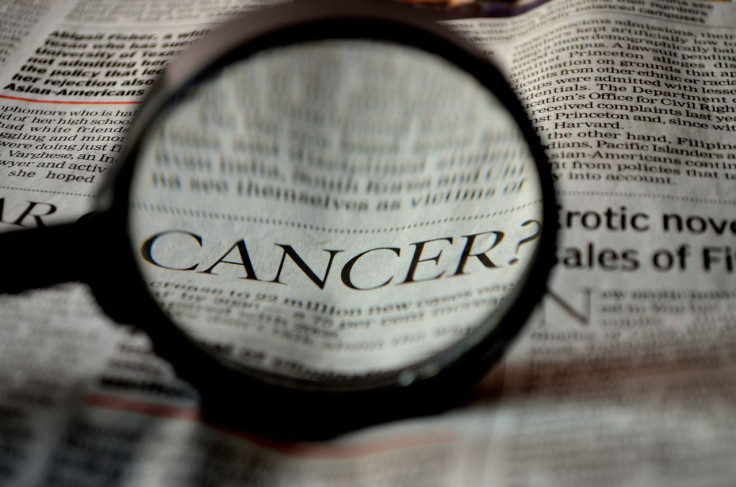Diagnosis of a Personal Nature Shouldn’t Cause Shame

There was a time, not that long ago, when certain medical conditions were discussed in hushed whispers.
You might remember when cancer was called the “Big C” and pregnancy was referred to as “being in the family way.” In 2020, we’ve come some way from whispering about cancer or any number of mental health problems. But that’s not to say that some conditions still don’t carry an undercurrent of embarrassment.
One such disease is anal cancer, which is on the rise in the US, particularly in women over 50. When “Charlie’s Angels” star Farrah Fawcett was diagnosed with anal cancer in 2006, she spoke openly about her condition, which took her life three years later.
Another celebrity who discussed her anal cancer was Marcia Cross, of “Desperate Housewives” fame. In June of last year, Ms. Cross told CNN : "I know that there are people who are ashamed," she said. "You have cancer. Should you then also feel ashamed like you did something bad because it took up residence in your anus?"
The data
A compilation of data taken from various national databases found that the incidence of anal cancer in the US rose from 2001 to 2016. Women made up 62.5% of the 91,679 reported cases in that period. Whites accounted for 86.7% and African Americans, 10.9%. The annual percentage change was 2.1% over all, and 2.8% for those over 50.
Anal cancer is an uncommon but preventable disease, according to researchers, who predicted 8,590 new cases (5,900 women and 2,690 men) in 2020, with 1,350 anal cancer-related deaths.
Living with medical stigma
Ms. Fawcett filmed her medical journey with anal cancer, which was later turned into a documentary. She said she hated hearing her name and anal cancer in the same sentence at first but wanted to shatter the stigma associated with the disease.
“When an individual is experiencing shame around a medical diagnosis such as anal cancer, it is essential to find a community of other individuals who are dealing with a similar diagnosis,” said licensed social worker Haley Neidich, who provides teletherapy for individuals in both Florida and Connecticut.
Facebook can be a great place to search, but physicians often suggest local support groups as well. “People who have been there have the deepest insight into how to communicate to others about your health and can provide a sense of support and normalization around the emotional experiences associated with the diagnosis,” Ms. Neidich told Medical Daily.
How to handle an embarrassing diagnosis
Depending on your sensitivity level, any number of medical diagnoses may give you pause, such as mental health disorders, sexually transmitted infections like herpes or chlamydia, and more mundane issues like hemorrhoids and urinary incontinence.
“When people talk about problems with private parts, in particular, there are issues of shame and embarrassment,” Toby Chai, MD, chief of urology at Boston Medical Center wrote in a 2018 story in the Yale Medicine journal about embarrassing health problems. “But there is no taboo topic,” he added.
Whether someone feels embarrassed, depends on gender, age, upbringing, culture and other factors. The patient could also feel upset, self-conscious, mortified or shocked if diagnosed with a condition he or she considers shameful.
“People with new diagnoses should feel empowered to only share details about their condition with individuals who are close to them and will not judge,” said Ms. Neidich. “There is nothing wrong with indicating that you are dealing with a medical issue without disclosing any additional details, too.”
Practical advice
Whatever your diagnosis or emotional response, it’s important to remember you’re not powerless. There are steps you can take to cope with your situation, ease your embarrassment and navigate your medical journey minus shame and fear. Some tips include:
- Choose support that’s right for you. Tell trusted close friends and family first. Don’t go it alone.
- Open up to your doctors. The people who care for you need to know the right information to treat you, so don’t let discomfort stop you from sharing with professionals.
- Join a support group. Sharing with others who have the same disease-specific issues can help you feel less alone, whether it’s in person or online.
- Practice your message. “Having a pat phrase like ‘I'm not comfortable talking about the details right now,’ can be helpful in alleviating anxiety,” said Ms. Neidich.
“Any individual with a new mental health or medical diagnosis, particularly diagnoses with associated stigma, will benefit from processing the diagnosis and plan of care with a licensed mental health counselor,” she said.



























